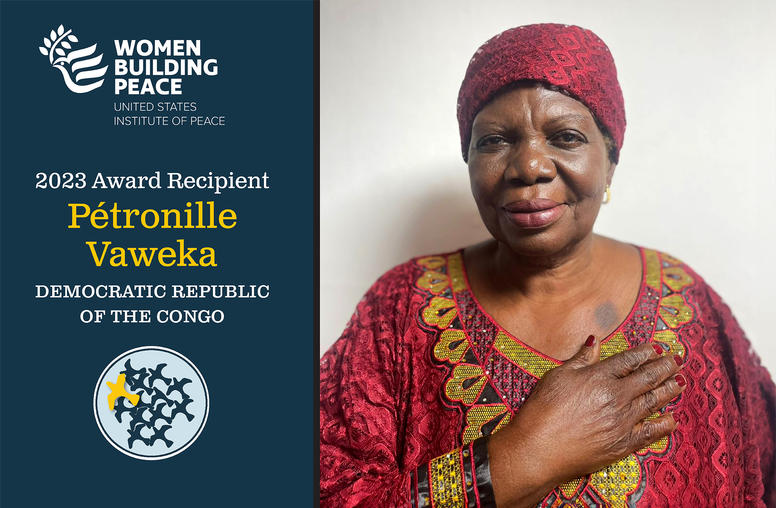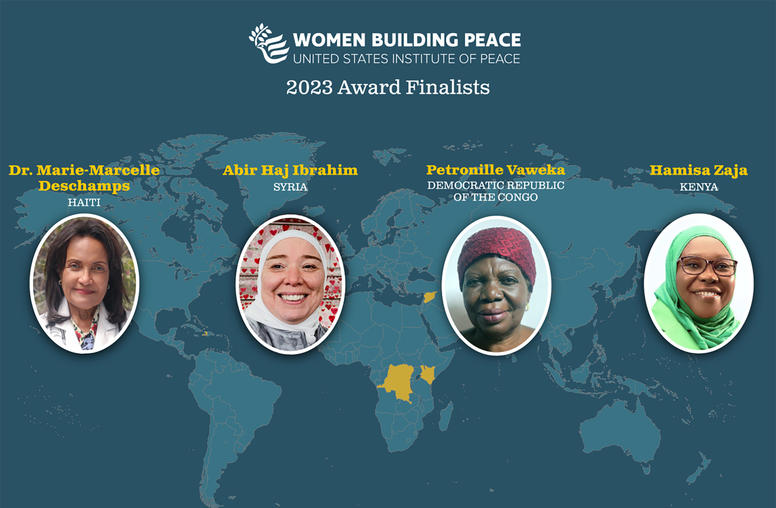Institute Funds Report for New High Representative to Bosnia
New report examines challenges ahead for Bosnia.
WASHINGTON--On May 1, 2002, the Democratization Policy Institute (DPI) released a proposed agenda for Bosnia's next international High Representative, Lord Paddy Ashdown. The report, funded by the United States Institute of Peace's Balkans Initiative, stresses that if Bosnia is to become capable of self-reform when international supervision ends, Lord Ashdown must secure the backing of key states to pursue bold measures in the near term.
The report identifies measures that the High Representative could undertake to tip the balance in Bosnia toward a future of democracy, prosperity, and European integration.
1. Remove remaining wartime obstacles to self-sustaining reform.
- Form an Organized Crime Task Force to vigorously tackle parallel power structures intertwined with corruption, terrorism rings, and nationalist politics
- Assign a select commission of Bosnian experts and foreign advisors to craft dramatic changes to Bosnian election laws that provide natural incentives for election candidates to de-emphasize ethnicity
- Push rapid unification of Bosnian intelligence services and militaries
- Remove structural obstacles to refugee return
2. Strengthen state institutions.
- Empower a state-level General Accounting Office to audit state, entity, cantonal, and municipal finances
- Create a State Customs Service and state customs auditing agency
- Shift customs revenues from the entities to the state
- Strengthen the State Border Service
3. Foster and tap into Bosnian talent in place of international "experts" wherever possible.
- Form select Bosnian commissions to create unified business, tax and regulatory law, overhaul legal and judicial infrastructure, remove inconsistencies from the criminal and civil law codex, and create a social welfare net
- Create an internationally accredited university in Bosnia.
DPI is a Washington-based non-governmental organization dedicated to improving American and international commitment to, and efficiency of, democratization strategies. The organization based its recommendations on numerous discussions in Bosnia, Washington, and London.
To learn more about the report, please visit the Democratization Policy Institute.
The views summarized here reflect the discussion at the meeting; they do not represent formal positions taken by the Institute, which does not advocate specific policies.
The United States Institute of Peace is an independent, nonpartisan institution established and funded by Congress. Its goals are to help prevent and resolve violent international conflicts, promote post-conflict stability and development, and increase conflict management capacity, tools, and intellectual capital worldwide. The Institute does this by empowering others with knowledge, skills, and resources, as well as by directly engaging in peacebuilding efforts around the globe.

